Found 32 movies, 5 TV shows, and 0 people
Can't find what you're looking for?

The peaceful life of an exemplary collective farm is being rent asunder by shortages and dissent, and a commissar is sent to uncover the source of the problems, unaware that their is actual sabotage involved.
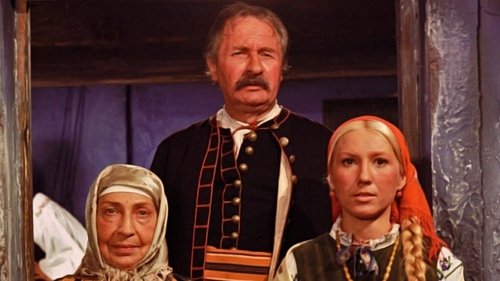
In a bucolic Polish hamlet, the tense relationship between a father and son reaches a boiling point when the men lose their hearts to the same woman and vie for her affections. Based on Wladyslaw Reymont's Nobel Prize-winning book and helmed by Jan Rybkowski, this theatrical release (starring Krzystof Chamiec, Wladyslaw Hancza and Emilia Krakowska) was culled from a 13-episode miniseries that aired on Polish television in 1972.
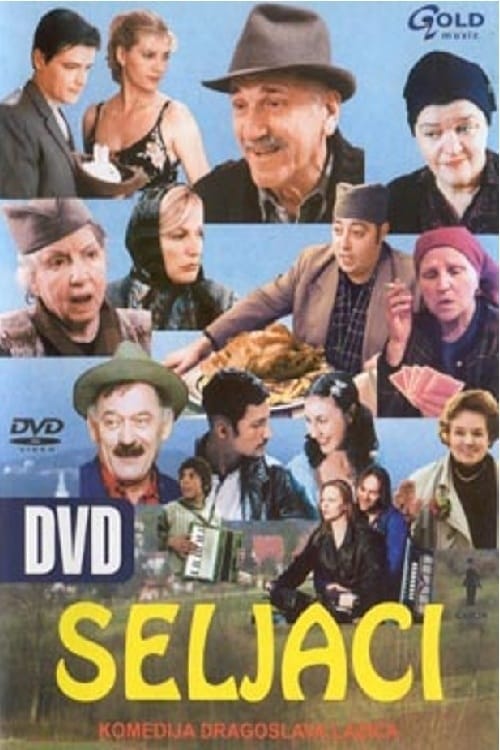
Comedy about the life of a modern village family and many neighbors of theirs, dealing with Serbian mentality at the turn of the XXI century. Based on TV series of the same title.

Two peasants in feudal Russia wish to marry but tragedy strikes. A grim if familiar depiction of the precarious condition of the rural life.
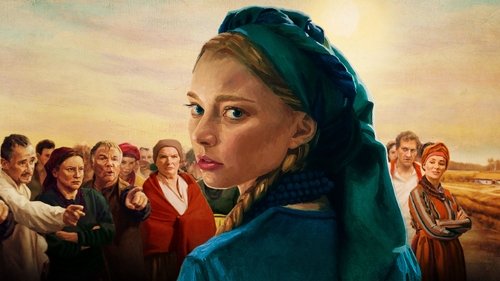
Peasant girl Jagna is forced to marry the much older, wealthy farmer Boryna, despite her love for his son Antek. With time, Jagna becomes the object of envy and disdain with the villagers and she must fight to preserve her independence.
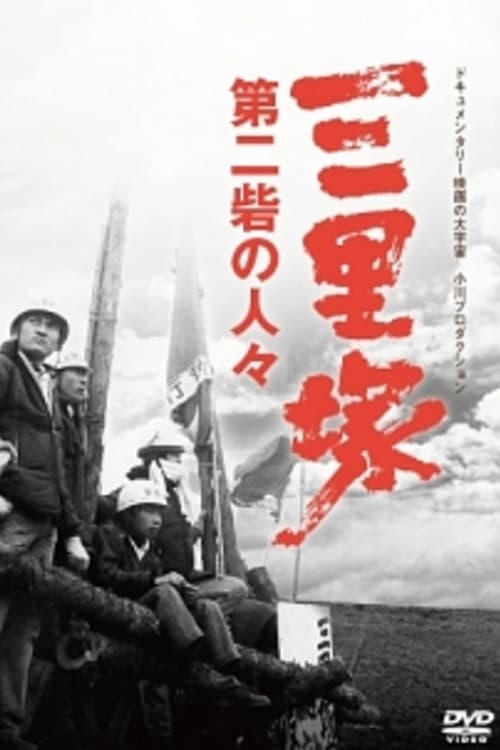
It's the mid 60s. Tokyo needs a new airport. There isn't anywhere in Tokyo to put it, so the government decides on displacing some adjacent villages. The peasants of these villages are not having it. What results is a remarkable act of protest and civil disobedience.
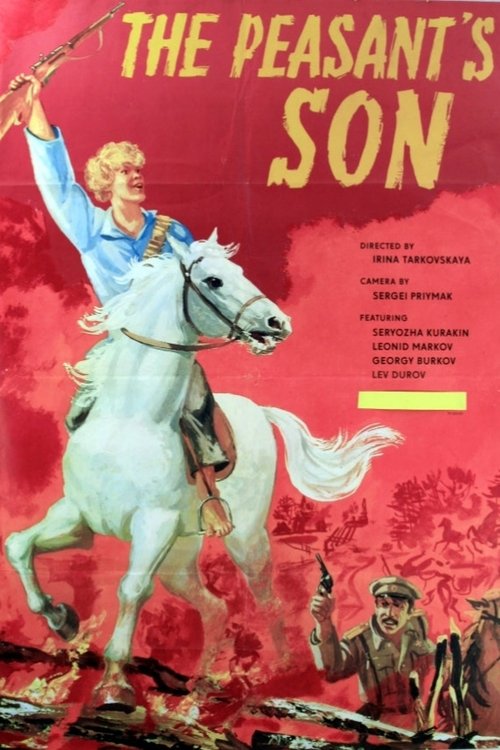
A propaganda film about the fate of a peasant son Kostya.
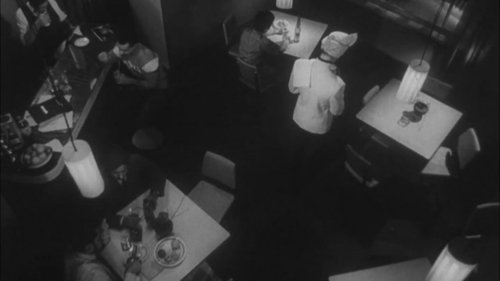
No description available for this movie.
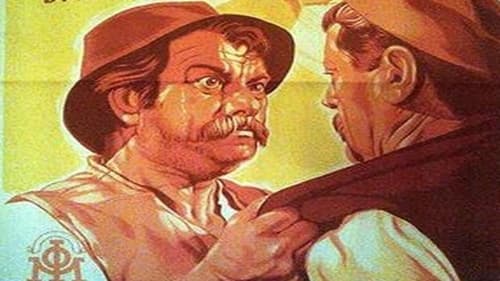
The struggle of two Serbian peasants to choose between love of their families and love of their country.

What happens when the values of the culture you’ve always known no longer align with how you see the world? The New Peasants provides an intimate look into the life of Meg, Patrick, and their sons Zephyr and Woody. A family who, for 20 years, have been transitioning away from modern industrial culture toward a radically simple, sustainable, and beautiful way of life.
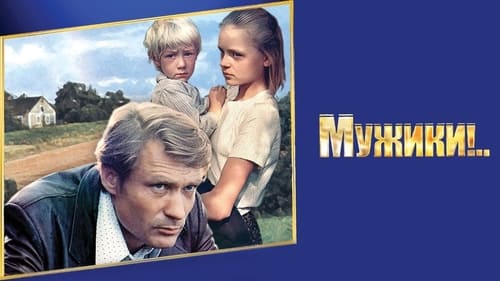
Pavel's mother hates his fiancee. When Pavel serves in the Army she writes him that Nastya is no longer faithful to him. Pavel decides not to return to his native town. But many years later he returns to his fathers funeral and finds out that Nastya died sometime ago. She left three kids orphans and her elder daughter is also a daughter of Pavel.
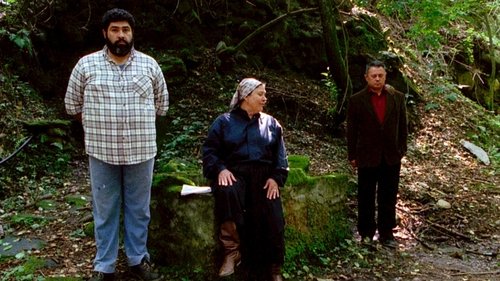
A group of men and women have been brought together after World War II, when Italy regained its national and territorial unity. They make up a primitive community which seeks to erase not only the distress created by the war but also the hardships of life, and look to protect themselves from violence, misery and fear. Amid the ruins of this post-war period, these men and women build a new rapport between themselves, between sexes, between generations, between social and geographical origins, between political camps.
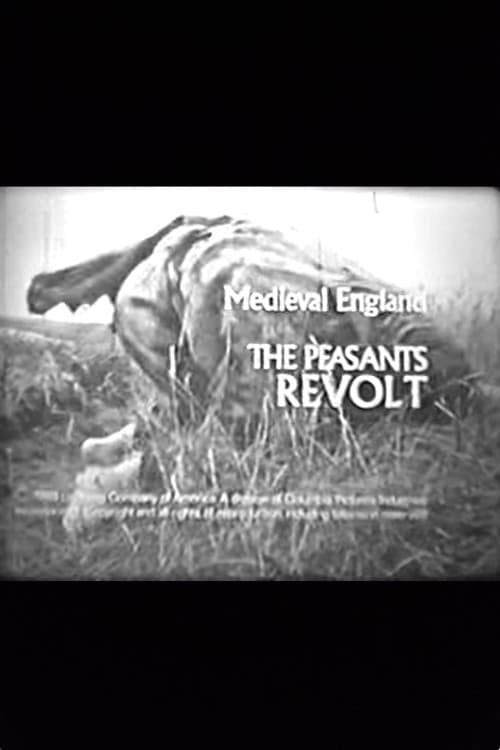
Dramatically portraying the Peasants' Revolt of 1381, the film reveals the conditions of virtual slavery which persisted throughout the Middle Ages, and the weaknesses of the feudal system; its oppressive tax structure, its cruelty and its social inequality
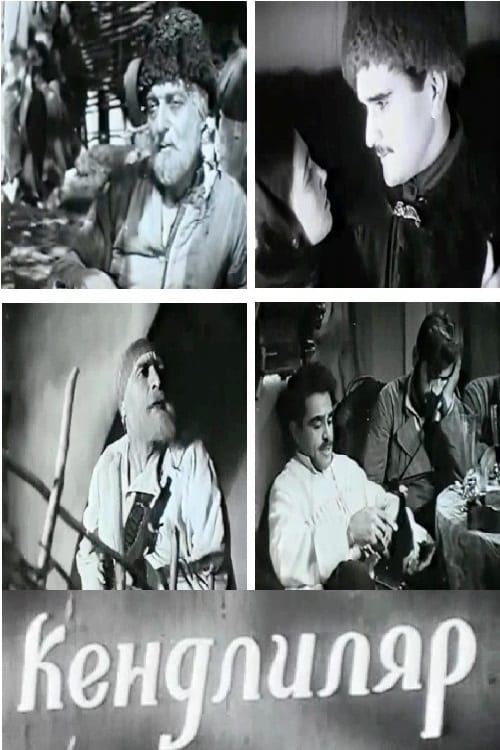
A historical revolutionary film depicting the struggle of peasants and the Baku proletariat against landowners and Musavatists in 1919.

Hu County, in suburban Xi’an, is famous for its peasant paintings, produced in 1958 during the Great Leap Forward. It became particularly famous during the Cultural Revolution, when these works were hailed as model paintings. In 2005, the directors visited the county and interviewed both the painters and their teachers. Comparing different political languages and artistic imaginings across the ages, the film draws on diverse sources: old documentary film clips, new propaganda paintings, Beijing Opera in the local “Qin” accent, and traces of the old amongst the new. All these elements are engaged to help us better understand the painters and the phenomenon of propaganda paintings

Hussein is a young villager who dreams of becoming a famous singer because of his beautiful voice, which makes his cousin Ghobashi drives a wedge between him and his love Sitita. Hussein travels to Cairo in search of opportunity, he finds his chance in a singing hall and becomes famous.
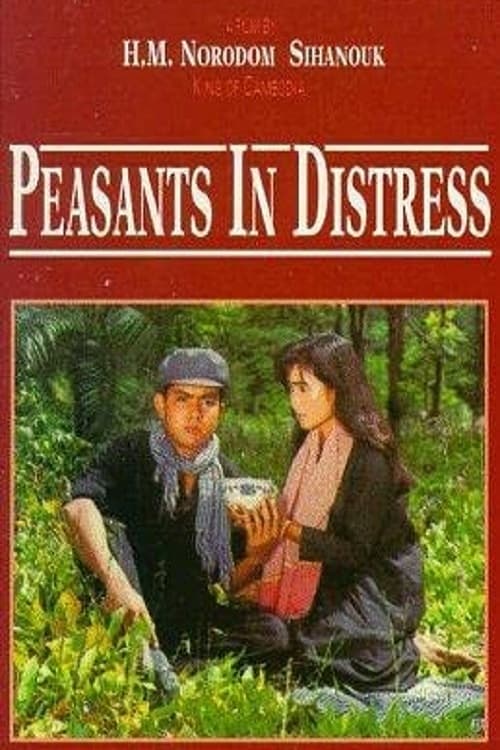
During 1993 when UN forces come to Cambodia during a time of political upheaval and civil war, two Resistance leaders fall in love with the same girl.
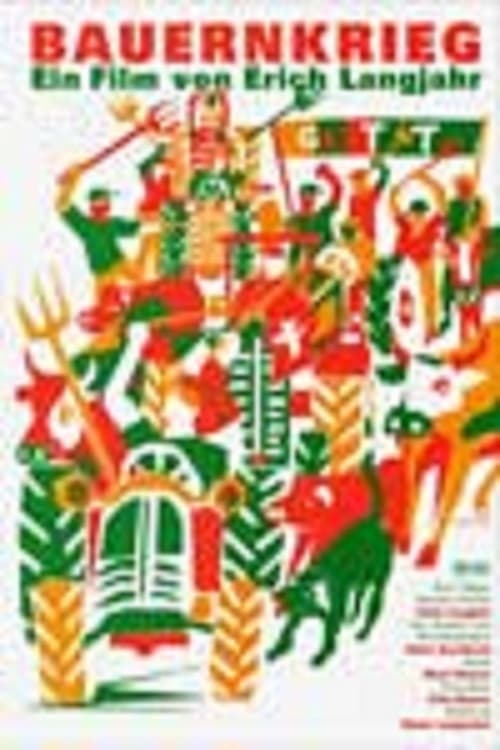
The second part of a trilogy on the subject of farming in which an attempt is made to look at the existence of farmers at the end of the 20th century.
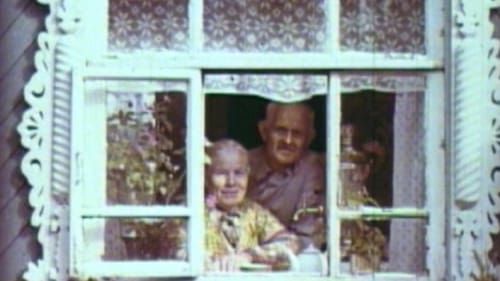
While all the country's agriculture was conducted by collective and state farms, and this way seemed to be the only correct one, the director M. Litvyakov turned to the topic of individual farming, the "privateer". The film caused a storm of indignation from collective and state farm leaders, from the side of the party nomenclature. The question of the release of the picture on the screen was positively solved only in the Central Committee of the CPSU.
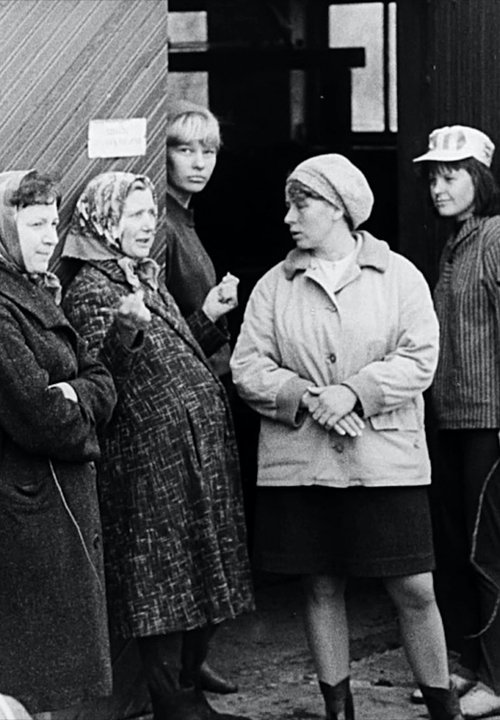
This film bears witness to both the Soviet production system and censorship. The view of life on a collective farm depicted here seemed too bleak for the officials involved, and the film was not screened for two decades. What we see is an honest observation of country life presented in a wonderful visual form.
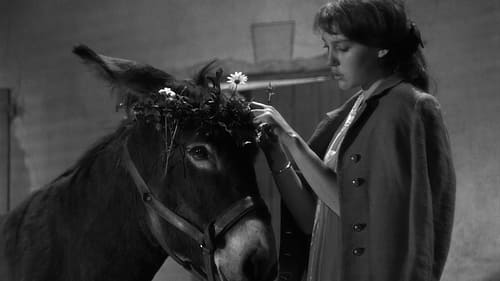
The story of a donkey Balthazar as he is passed from owner to owner, some kind and some cruel but all with motivations beyond his understanding. Balthazar, whose life parallels that of his first keeper, Marie, is truly a beast of burden, suffering the sins of humankind. But despite his powerlessness, he accepts his fate nobly.
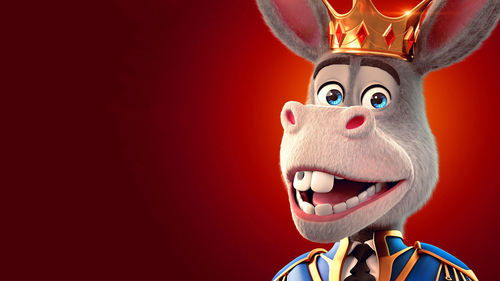
A struggling donkey unexpectedly wins Azad City's first election after the ruler abdicates. He becomes "The Donkey King," leading the nation in an unusual turn of events and proving that though by looks he is a donkey, by heart he is a hero.
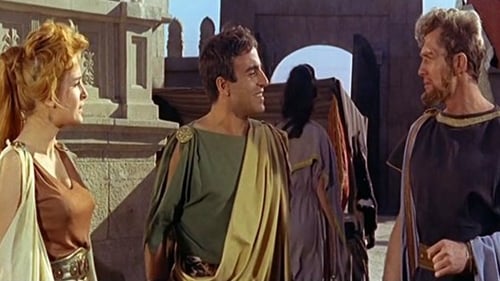
Muscleman fights sea monsters and Amazon warriors, then returns home to find a race of giants living in a valley, into which fellow countrymen are being thrown as punishment for opposing a usurper king and his consort.
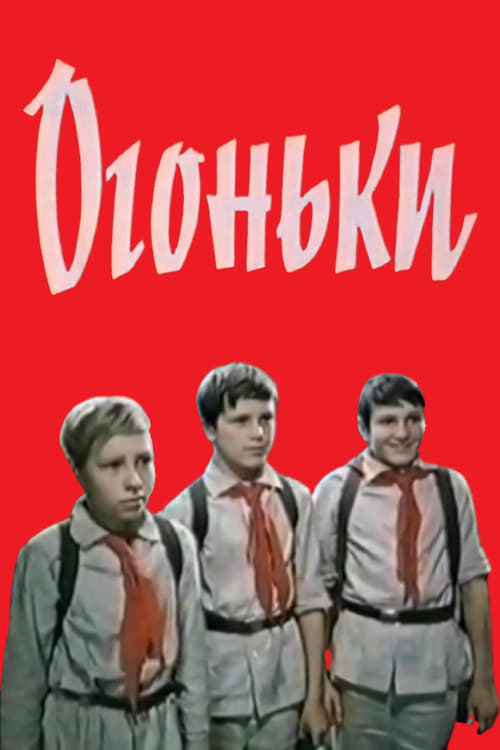
The orphanage's pupils are sent by the district Komsomol committee to eliminate illiteracy in the remote village of Penki.
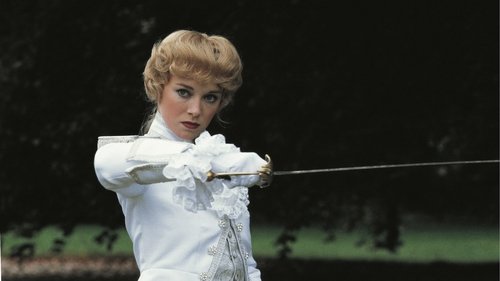
Oscar François de Jarjayes was born female, but her father insisted she be raised as a boy as he had no sons. She becomes the captain of the guards at Versailles under King Louis XVI and Marie Antonette. Her privileged, noble life comes under fire as she discovers the hard life of the poor people of France. She is caught up in the French Revolution, and must choose between her loyalty and love.
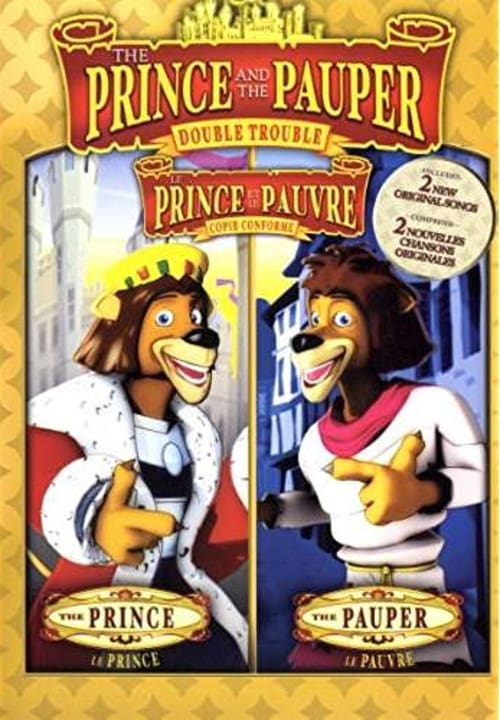
Mistaken identities make for a remarkable adventure as Tom Canty, a poor beggar boy swaps places with Prince Edwared, the heir to the throne, in this new animated version of this beloved story. With its brilliant CGI animation, all-animal cast of characters and brand-new original songs and music, it's double the fun for audiences of all ages!

Spring of 1794, Poland is in a state of unrest. General Tadeusz ‘Kos’ Kościuszko returns to the country, planning to ignite an uprising against the Russians by mobilising Polish gentry and peasants. He is accompanied by his faithful friend and former slave, Domingo. Kościuszko is being tracked down by a merciless Russian cavalry captain, Dunin, who wants to do whatever it takes to capture the general before he starts a national revolt.

Mikolás and his brother Adam end up with a young German hostage of noble blood during a robbery. While their clan prepares for the wrath of the German king, Mikolás is sent to pressure his neighbor Lazar into a defense pact. Persuasion fails and he abducts Lazar's daughter Marketa on the eve of her initiation as a nun in an act of vengeance.

Cows With No Name is almost a diary, filmed one day at a time, of each stage of this process, documenting the operation of the farm with critical and incisive humour. But it is also an intimate documentary. By filming scenes of daily life on the family farm, around the kitchen table during meals, or in front of the TV in the evening while everyone falls asleep on the sofa, more personal questions are raised: the farmer’s connection to his herd, or even the handover that Hubert has chosen not to ensure.
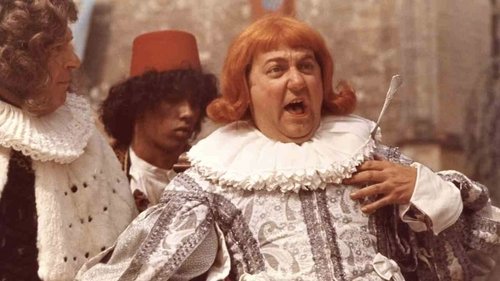
Whilst King Gros Pif I amuses himself at debauched banquets, his musketeers pursue their tax-collecting duties with a malicious zeal. Goaded by the court jester (who is also the Queen’s lover), the ministers decide to put an end to this regime and have the King locked up. Hearing the news, the famous Chevalier Blanc comes to his rescue. Aided by the knight and his cousin Lucienne, the King flees to Flanders, where he devises a scheme to win him back the throne of France...
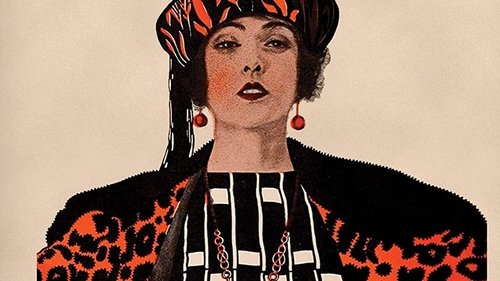
In Shanghai, an American girl who helps run an opium ring meets an American agent disguised as a mining engineer. The two fall in love, and she has to determine where her loyalties lie.

The silent majority is the Costa Rican peasantry, which has been the object of traditional contempt and which has manifested itself in various forms: unfair salary compensation, bad prices for their agricultural products, financing difficulties, land grabs, precarious housing and educational conditions. health. Precariousness, peasant migrations and the depletion of the agricultural frontier are also analyzed in the film.